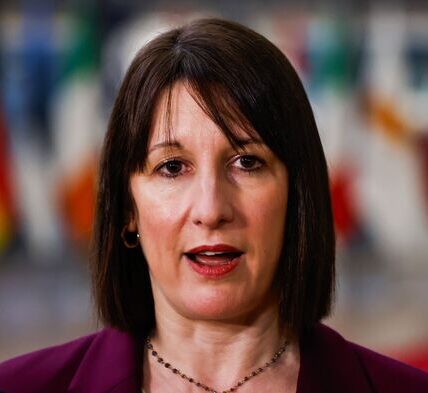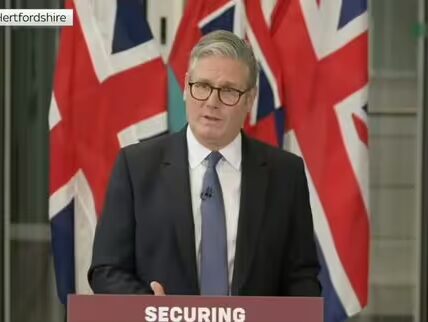Benefit payments to foreign nationals have almost doubled in three years – now hitting nearly £1billion a month, new figures show.
Households with at least one non-British or non-Irish national received £941 million in Universal Credit in March 2025, up from £461 million in March 2022. That’s 15.5% of the £6.05 billion total bill for the benefit that month.
The rise is being linked to high levels of net migration and an increase in asylum seekers being granted refugee status, making them eligible for state support.
The figures, obtained under freedom of information laws, show the cost jumped by nearly 30% in a year, from £726 million to £941 million.
The Department for Work and Pensions (DWP) says claimants classed as foreign must have passed the Habitual Residence Test and have a right to remain. Joint claims are counted as foreign if at least one person is not British or Irish.

The DWP offices in London (Image: Getty)
Former health minister Neil O’Brien said both migration and welfare spending were rising too fast and warned Britain’s “soft-touch” system is attracting more arrivals. He wrote: “Migrants know that if they can make it to the UK, they will be allowed to stay. As long as that is true, we’ll see more and more coming.”
Labour MP Graham Stringer also said benefiit payments to foreign nationals should not be a priority during a cost-cutting drive. He said: “This expenditure, in my opinion, is not a priority. It has to be judged against potential cuts in PIPs and the winter fuel allowance.”
The revelations come as Deputy Prime Minister Angela Rayner urged Chancellor Rachel Reeves to consider tougher restrictions on migrant access to Universal Credit, including raising the NHS surcharge and tightening pension rules.
A leaked memo from Ms Rayner warned that a large number of migrants arriving in the early 2020s were becoming eligible for indefinite leave to remain, triggering long-term access to benefits.
Sir Keir Starmer has since proposed tougher immigration rules, including doubling the time migrants must live in the UK before gaining full benefit rights – from five to ten years – unless they can prove they’ve made a “real and lasting contribution”.
A government spokesperson said: “We inherited a spiralling benefits system that was out of control. Since last July, we have reduced the proportion of payments going to those outside the British Isles.”
They highlighted that refugees and non-UK citizens can only access payments after their immigration status is confirmed by the Home Office and they meet strict criteria.




